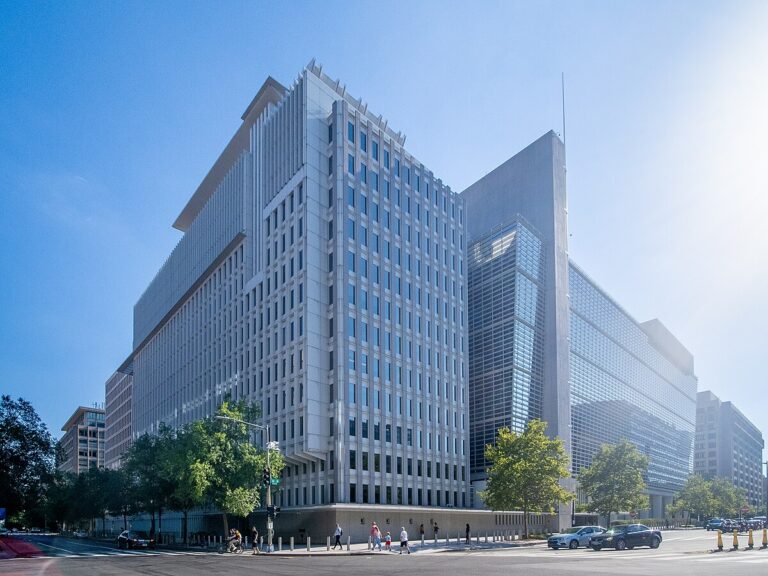The World Bank is set to approve up to $1.13bn in loans for Nigeria before the end of March 2025, bolstering efforts to enhance the country’s economic resilience, health security, and education reforms.
Key Projects Under Negotiation
Three major initiatives are currently in negotiation:
- Accelerating Nutrition Results in Nigeria 2.0 Programme – Valued at $80m, this project aims to improve nutrition outcomes among vulnerable populations. Approval is expected by March 31, 2025.
- Community Action for Resilience and Economic Stimulus Programme – With a commitment value of $500m, this initiative is designed to stimulate community-driven economic growth. It is slated for approval by March 24, 2025.
- HOPE for Quality Basic Education for All Programme – Proposed funding of $552.2m will address infrastructure deficits, enhance teacher training, and increase educational access, with approval also anticipated by March 31, 2025.
Supporting Nigeria’s Structural Reforms
This new tranche of funding comes amid ongoing economic challenges, including foreign exchange liquidity constraints, fiscal deficits, and rising debt servicing obligations. Earlier reports suggested that Nigeria could secure an additional $2.23bn in loans in 2025, potentially raising its total approved World Bank funding to $9.25bn over three years.
A Growing Trend in World Bank Funding
Under President Bola Tinubu’s administration, Nigeria has seen a marked increase in World Bank loan approvals:
- 2023: $2.7bn, focusing on renewable energy, women’s empowerment, education, and the power sector.
- 2024: $4.32bn allocated to various critical sectors.
- 2025: The country is now looking to secure six new loans, including the projects mentioned above, targeting digital infrastructure, healthcare, education, nutrition, and community resilience.
Debt Servicing Concerns and Strategic Shifts
Despite the benefits of concessional loans, concerns persist over Nigeria’s mounting debt burden. Recent data from the Central Bank of Nigeria shows that the country spent $5.47bn on external debt servicing over the past 14 months, stressing its foreign reserves. In response, Minister of Finance Wale Edun emphasized a strategic pivot:
“We are focusing more on optimising assets and attracting private sector investment, rather than accumulating more debt from commercial markets.”
Nigeria’s Position with the World Bank
Nigeria remains the third-largest debtor to the World Bank’s International Development Association (IDA). According to the latest financial statements, Nigeria’s total external debt to the World Bank stands at $17.32bn, with the majority—$16.84bn—owed to the IDA, representing 39.14% of its total external debt.

